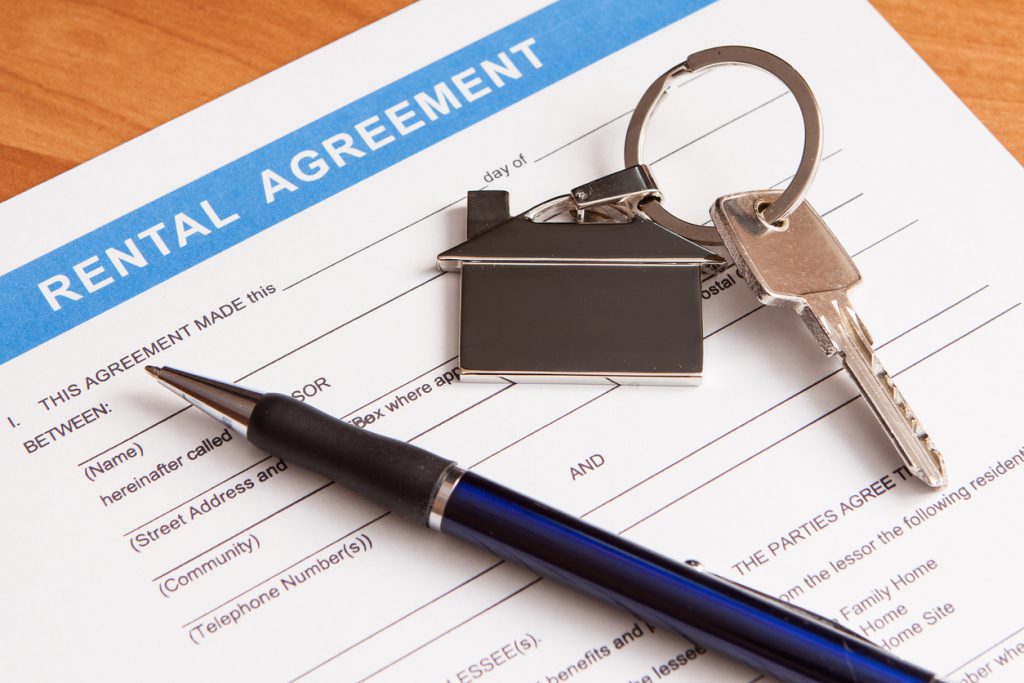New government proposals would see a crackdown on the “unfair charges” imposed on people buying new-build houses.
If the government’s plans are approved by a public consultation, leaseholds on new-build houses will be outlawed, and ground rents could end up being significantly reduced.
The proposals are subject to an eight-week consultation, and only apply to England.
What are leasehold properties and ground rents?
Properties in the UK are either freehold or leasehold, with the majority being freehold.
Freehold ownership is when a person owns the land which a property is built on, as well as the property itself.
Leasehold ownership is when a person only owns the property, not the land it is built on. They own the property for a fixed period of time – generally several decades – and are subject to a freeholder (landlord) who owns the land beneath the property.
The home owner must pay ground rents to the freeholder, and this can double every decade, crippling the home owner and even making it impossible to sell the property.
Usually, the freeholder is an investment company or building firm.
Sajid Javid, Communities Secretary, said there were 1.2 million leaseholds, and the escalating costs was a sign of a “broken housing market”.
“It’s clear that far too many new houses are being built and sold as leaseholds, exploiting home buyers with unfair agreements and spiralling ground rents,” said Mr Javid.
“Enough is enough. These practices are unjust, unnecessary and need to stop. Our proposed changes will help make sure leasehold works in the best interests of home buyers now and in the future.”
The House Builders Federation said: “The industry is committed to working with all parties to ensure that the terms on which leasehold homes are sold are fair and work for the homeowner.
“Buying and selling apartments on a leasehold basis is a long accepted form of ownership, and provides security for people with communal facilities.
“There are instances where houses need to be sold on a leasehold basis, for instance where land has been acquired from local authorities, other public bodies or the Crown on a leasehold basis.”

